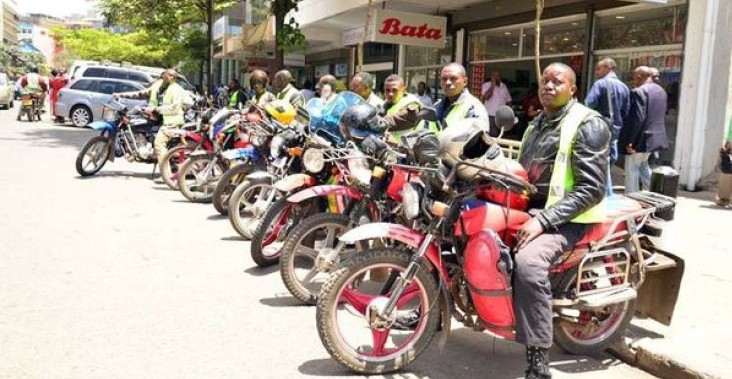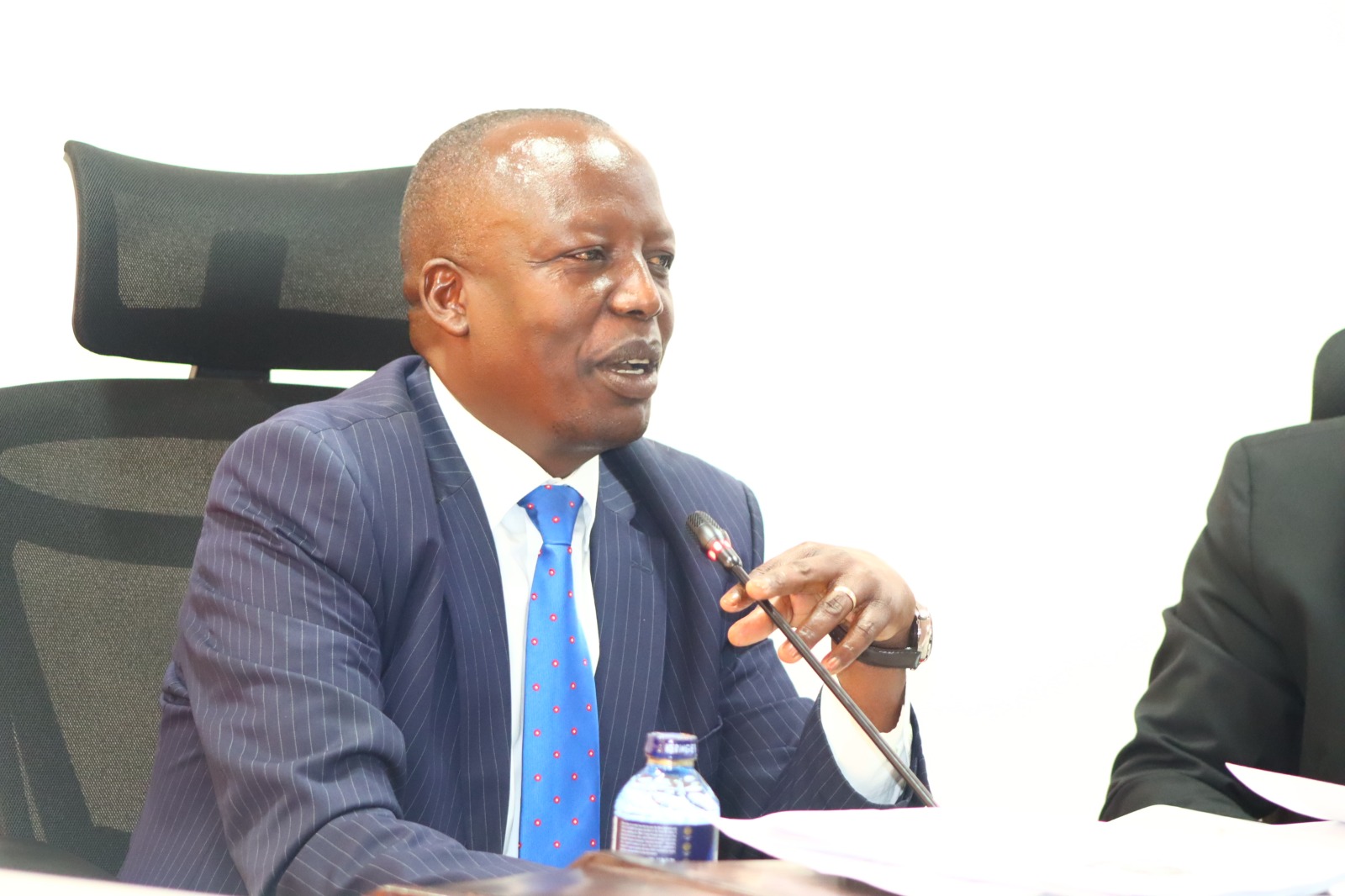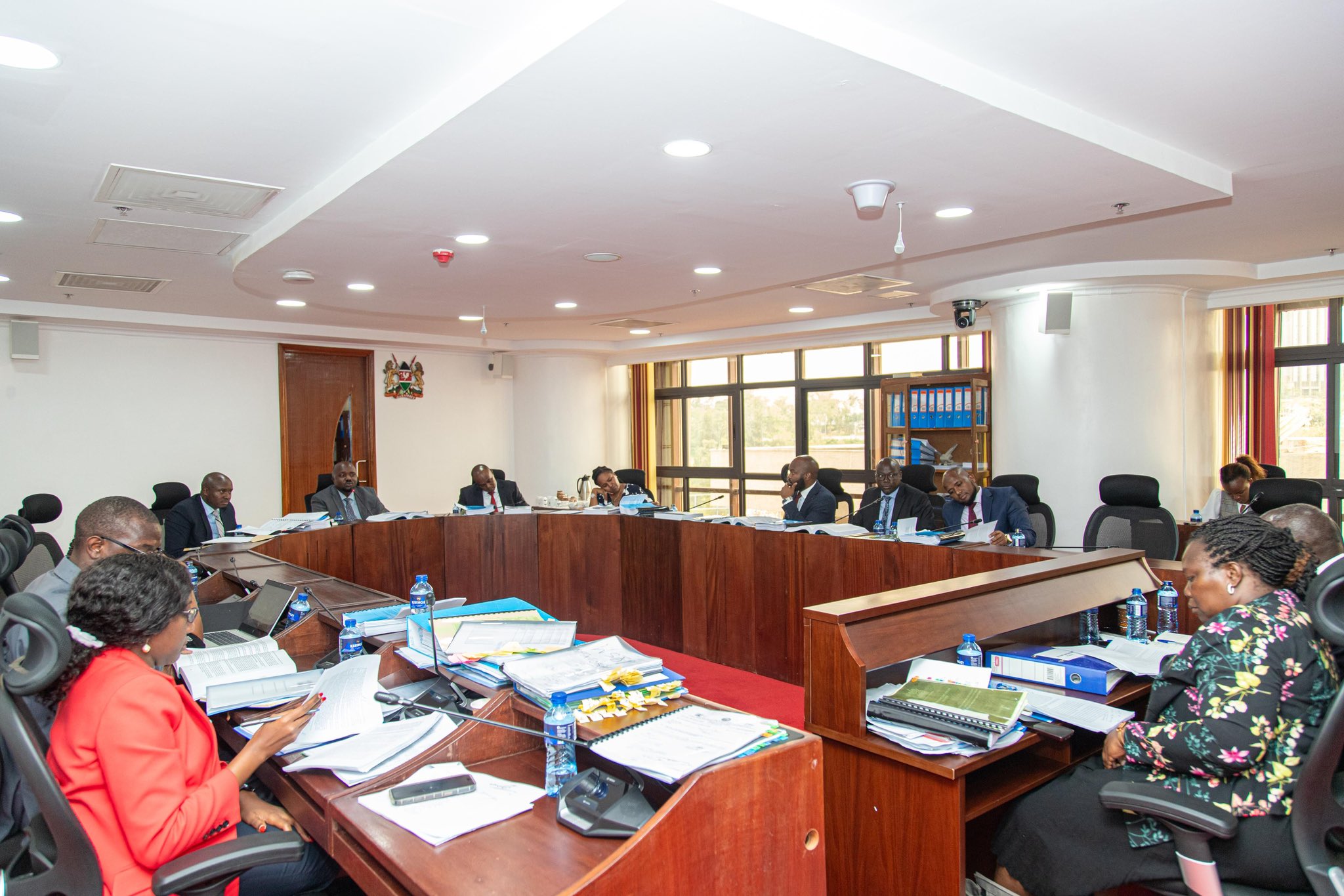Kenya’s boda boda sector contributes Sh660bn to GDP, faces calls for reform amid rapid growth

The National Transport and Safety Authority reports that over two million licensed boda boda riders are active across Kenya, with each rider earning an average of Sh1,100 per day.
Kenya's boda boda sector, a cornerstone of the country's informal economy, has seen substantial growth, contributing an estimated Sh660 billion to the nation’s GDP annually.
This marks an increase from 3.4 per cent in 2024, reflecting the sector's expanding influence on the country’s socio-economic development.
More To Read
- Uganda’s boda boda bikes are deadly polluters: Study models how going electric could save lives
- Garissa boda boda operators call for action against fraudulent insurance firms
- Boda boda operators threaten Nationwide protests over Senate Bill
- New initiative to ease licensing costs for boda boda riders, reduce road fatalities
- Bodaboda officials meet security team after recent spate of violence in Isiolo
- Inside NTSA efforts to curb rising cases of boda boda accidents on Kenyan roads
With a contribution now standing at 4.4 per cent, the boda boda industry is becoming a crucial player in Kenya’s economic framework.
Despite its impressive economic footprint, the boda boda sector faces numerous challenges.
The industry, which started as an affordable and efficient transportation option, has now ballooned into a loosely regulated sector plagued by disorder, insecurity, and frequent accidents.
Calls for reforms and regulations have grown louder as stakeholders push for a more structured approach to managing the sector.
The expansion of the boda boda industry has raised questions about how the sector can evolve while addressing safety and financial sustainability.
The industry’s rapid growth has often outpaced legislative frameworks that were not initially designed to accommodate such a dynamic and informal sector.
According to Digital Financial Services Association of Kenya (DFSK) Chair Kevin Mutiso, existing legislative and insurance frameworks are ill-suited for the needs of the boda boda sector.
Mutiso pointed to a critical bottleneck in the third-party insurance laws, which he believes limits the industry’s potential.
The report, titled "The Booming Boda Boda Sector", emphasises the importance of sustainability and innovation for the future of the industry.
Watu Credit Head of Commercial, Chris Rumenda, highlighted the potential of electric vehicles in the sector, which could pave the way for more sustainable practices.
Present and future
The report, produced in partnership with Viffa Consult, Watu Credit, Mogo, and the Bodaboda Association of Kenya, offers a comprehensive look at the sector’s present and future, suggesting that collaboration across various stakeholders is vital for continued growth.
Key findings from the report also shed light on the financial impact of the sector on individual riders.
The data shows that 67 per cent of boda boda riders say that ownership of their motorcycles provides them with better financial security.
Additionally, 33 per cent feel that owning a bike enhances their personal safety. Despite this, the cost of ownership remains a significant barrier for many, with high costs and limited financing options making it difficult for riders to acquire their own motorcycles.
The National Transport and Safety Authority (NTSA) reports that over two million licensed boda boda riders are active across Kenya, with each rider earning an average of Sh1,100 per day.
The sector contributes Sh60 billion annually in fuel taxes and Sh21 billion in licensing fees. This significant financial contribution demonstrates the immense potential the boda boda sector holds for Kenya’s economy.
However, many riders continue to face financial challenges, with the lack of affordable credit and financial literacy remaining major obstacles.
Top Stories Today











































